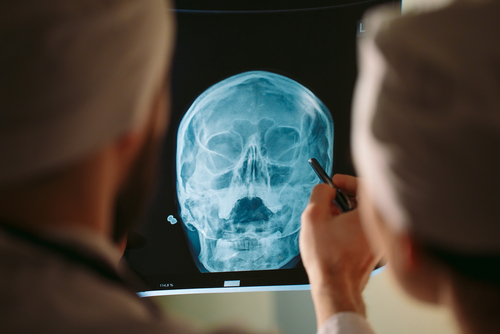Head injuries can affect hundreds of genes
IANS Mar 09, 2017
Head injuries can harm hundreds of genes in the brain in a way that increases people's risk for a wide range of neurological and psychiatric disorders, says a study.

"Very little is known about how people with brain trauma -- like football players and soldiers -- develop neurological disorders later in life," said study co-senior author Fernando Gomez-Pinilla, Professor at University of California, Los Angeles.
"We hope to learn much more about how this occurs," Gomez-Pinilla said.
For the study, the researchers trained 20 rats to escape from a maze. They then used a fluid to produce a concussion-like brain injury in 10 of the rats; the 10 others did not receive brain injuries. When the rats were placed in the maze again, those that had been injured took approximately 25 per cent longer than the non-injured rats to solve it.
To learn how the rats' genes had changed in response to the brain injury, the researchers analyzed genes from five animals in each group.
Specifically, they drew RNA from the hippocampus, which is the part of the brain that helps regulate learning and memory, and from leukocytes, white blood cells that play a key role in the immune system.
In the rats that had sustained brain injuries, there was a core group of 268 genes in the hippocampus that the researchers found had been altered, and a core group of 1,215 genes in the leukocytes that they found to have been changed.
More than 100 of the genes that changed after the brain injury have counterparts in humans that have been linked to neurological and psychiatric disorders, the researchers reported in the study published in the journal EbioMedicine.
As a number of the affected genes are present in both the hippocampus and blood, the findings could pave the way for a gene-based blood test to determine whether a brain injury has occurred. Measuring some of those genes could help doctors predict whether a person is likely to develop neurological disorders later in life, the study said.
-
Exclusive Write-ups & Webinars by KOLs
-
Daily Quiz by specialty
-
Paid Market Research Surveys
-
Case discussions, News & Journals' summaries